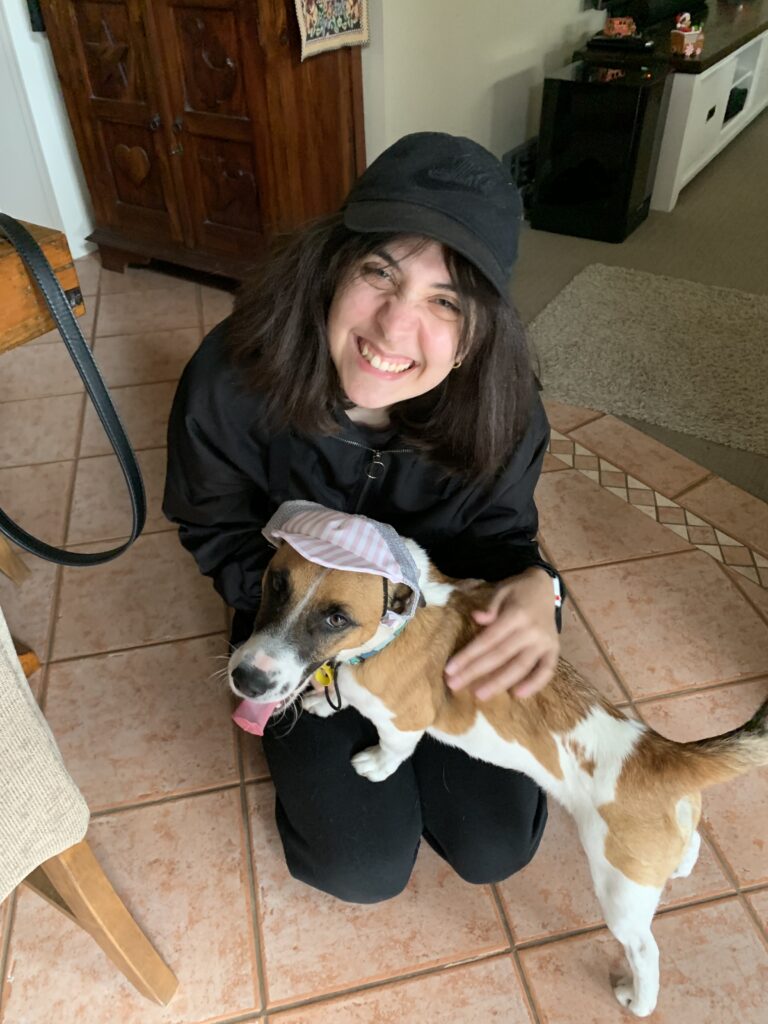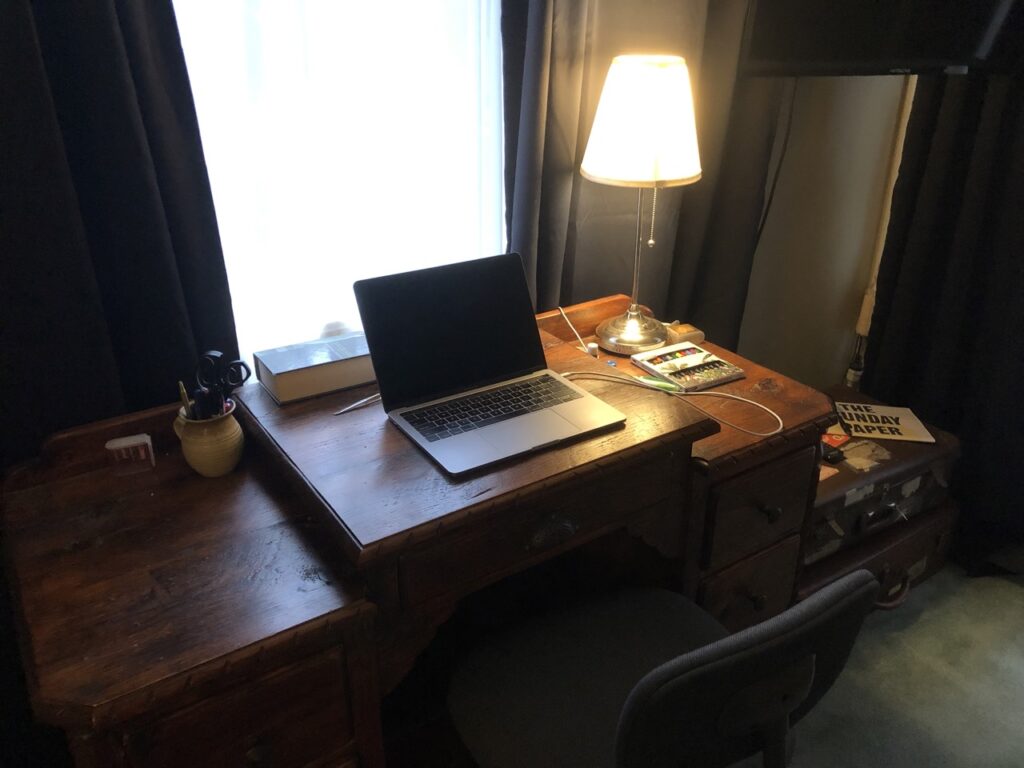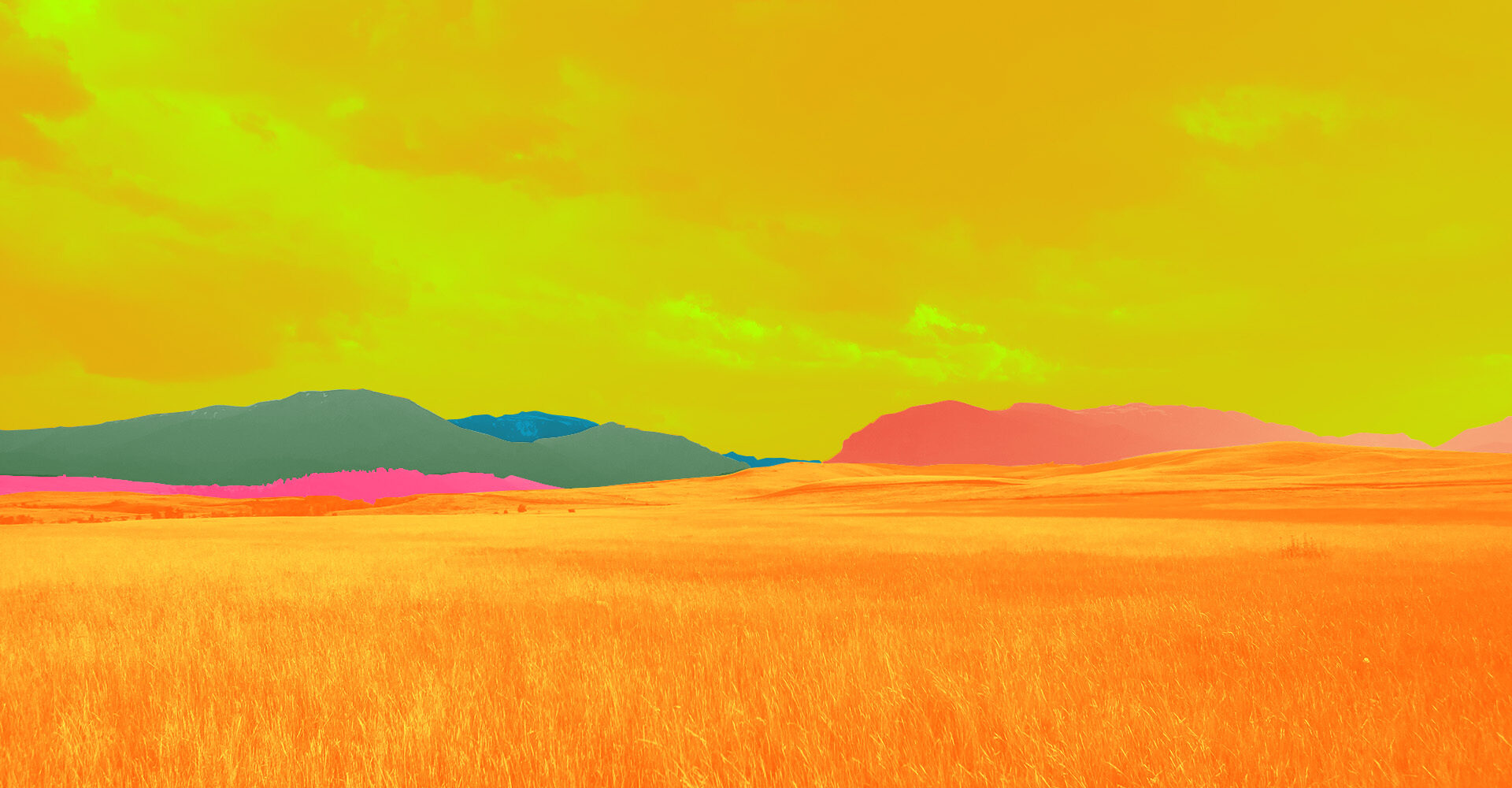
Helena Pantsis (she/they) is a writer and artist from Naarm, Australia. A full-time student of creative writing, they have a fond appreciation for the gritty, the dark, and the experimental. Her works are published in X-R-A-Y, Rejection Letters, and Lammergeier Mag. More can be found at hlnpnts.com. You can support her through PayPal @hlnpnts.
Click here to read Helena’s short story “Counting Stairs” from our summer 2022 issue!
Tell us a little about your path to becoming a writer.
Writing was an early childhood hobby, something that just seemed to come instinctually. I stopped in my teen years, but when I hit year 11 I took literature and my introduction to contemporary poetry really gripped me — I’d never seen anything like it before. So I dipped my toe in Instapoetry, but at heart I was always a fiction writer, so when I got into my psychology course in university I promised myself to take creative writing even just as a minor. Fast forward and now I’m completing a master’s in creative writing, publishing, and editing. It’s truly the thing that brings me the most joy, and I want to do it for as long as I’m physically and mentally able.
Just as there’s no one way to be a writer, there’s no one way to define success — it’s personal and ever-changing. What does it mean to you?
Success for me would really be the ability to write for as long as I can. No matter what I end up doing for a full-time career, I want to have the time and energy to pursue writing alongside it.
Writing is most often a labor of love, where gratification is self-defined and can sometimes be delayed or subdued. What motivates you to keep coming back to the page?
The want to tell a story is what keeps me coming back. I have a never-ending stream of narratives in my mind that I have to get out and refine into something worth reading.
Does your writing ever surprise you? In what ways?
The version of me who writes and the version of me who reads feel like two separate parts of my mind, so I’m constantly surprised when I reread my own work, finding how my unrefined idea has somehow evolved beyond what I initially envisioned. When you write fiction, I think it’s a given that characters tend to develop minds of their own, so seeing how they grow and choose their own paths can be a very surprising and fulfilling thing to witness.
Do you have a specific revision process?
I actually have no specific revision process because it is constant with me. I am perpetually rewriting and rereading while I’m completing the piece. It’s too difficult for me to write a draft and redraft it. It has to be an ongoing process otherwise I find the story will never get written. And then when the story’s done, I go through one more time.
Where do you write? Do you have any rituals you follow before turning to the page?

I write both in my Notes app and on my laptop, so when I’m falling asleep and I get an idea or some motivation to write I scribble it down. Then, the next day, I sit at my desk with my laptop and brush it up into something clean and worth reading.
Which writer or book do you find yourself returning to, either to study craft or simply for pleasure?
Two books from slightly different genres I always love to recommend are Shalom Auslander’s Mother for Dinner and Samanta Schweblin’s Fever Dream. I love to delve into the strange and the slightly unsettling, and these novels are brilliant works of art. I read them so quickly and I love to return to them in whole and in parts when I’m looking to replicate their atmosphere and slightly experimental styles. To write a story with half their power would be my dream.
What words of kindness, support, or advice can you offer to writers who are just starting out or seeking their stride?
Just keep going. Write whenever you get the chance. It’s a cliche, but really just repeating the practice is the only thing that’ll get you to where you want to be. And read! Read all the genres you want to write, and read widely. It won’t feel like research, but it is! And like with anything, more exposure to the thing you’re trying to get better at will no doubt help you improve.
Any good news you’d like us to include with this interview? This is the space to let us know where else our readers can connect with you and celebrate/support your creative work.
Do check out my poetry pamphlet out with Bullshit Lit this June titled “RATTUS RATTUS” if you’re interested in some funky little work.
